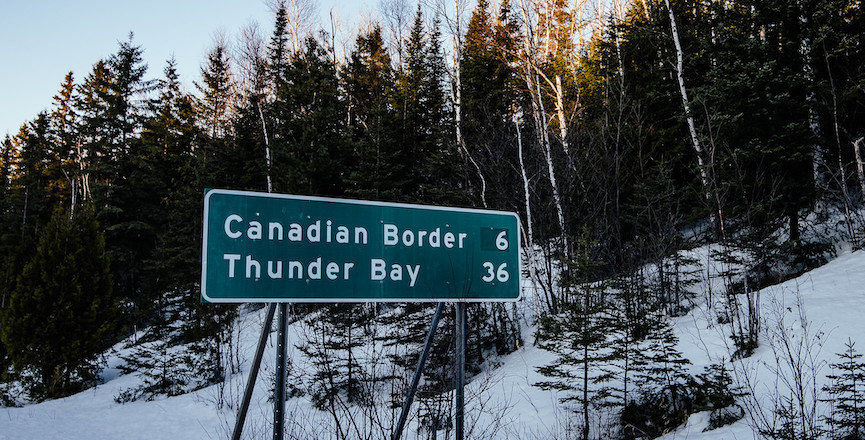In recent years, the world has witnessed the highest number of displacements on record — including refugees, asylum seekers, and those who are internally displaced.
By mid-2020, asylum seekers made up 36 per cent of the 80 million people that were displaced due to violence, conflict, persecution, and human rights violations. According to the United Nations High Commissioner for Refugees (UNHCR) in 2019, Canada ranked first among 26 countries in refugee resettlement.
While Canada has been long praised for its extraordinary generosity towards refugees, the federal government’s approach towards asylum seekers during the global pandemic has been not only disappointing but a violation of the rights of refugees.
With the COVID-19 outbreak in March 2020, Canada was one of the 167 countries that fully closed their borders to asylum-seekers as part of a global effort to stop the spread of the pandemic. The country returned more than 387 asylum-seekers trying to cross between Canada-U.S. ports of entry between March 2020 to April 2021. Meanwhile, thousands of non-citizens were deported in 2020 amid the global health crisis and despite travel restrictions in the country. According to an exclusive report from Reuters, 12,122 people were removed which is the highest number of deportations since 2015.
Under international human rights instruments, asylum seekers and refugees are treated under a special non-national category that needs protection due to their vulnerability. The UNHCR’s convention and protocol relating to the status of refugees obliged all state parties to treat refugees and asylum seekers without prejudice, granting them basic rights that include access to a fair and timely court hearing, primary education, work, and provision of documentation. As a committed member of the convention, Canada failed to provide the basic right to which asylum seekers and refugee claimants are entitled.
Hundreds of asylum seekers were turned back at the port of entry between March 2020 and April 2021 without having a fair and impartial hearing on their admissibility. Many of those who are turned away at the border are at risk of detention in the United States and potential deportation to their home countries. These restrictions have been imposed on asylum seekers for more than a year now. Nevertheless, the government was able to make exemptions for students and other immigration classes to enter the country despite travel restrictions.
Canada’s double standard politics towards traveling raise the question: if exemptions were made, why were asylum seekers excluded? Canada seemed to forget that people seek asylum when their lives are at risk and the risk does not go away because we are amid a global pandemic.
These restrictions did not end at ports of entry. Thousands of people who claimed asylum inside Canada months before the pandemic are left in limbo without study/work permits and any kind of response on their refugee claim.
Before the pandemic, asylum seekers would receive their work and study permit in a month. Now, thousands of people are waiting for a simple work permit for more than a year.
Without a work permit, these refugee claimants must rely on a limited amount of social assistance that can only cover their rent. In most cases, refugee claimants face problems when renting a place and opening a bank account because of the limited amount they receive from welfare. Some refugees may even choose to work under-the-table which increases the risk of these workers being exploited and exposes them to legal and tax problems.
Canada turned its back to people in search of safety during a global pandemic by closing its borders, deporting a higher number of asylum seekers, and forgetting about the refugee claimants who are still waiting for their court hearings. Their basic rights have been violated and the pandemic cannot justify anti-migrant policies, or completely ignoring a vulnerable group that needs protection.
Neela Hassan is a former Afghan journalist and refugee based in Ontario. She obtained an MA in communications and development studies in the U.S. Prior to coming to Canada, she worked with the United Nations office for the co-ordination of humanitarian affairs in Kabul, Afghanistan.
Image: Tony Webster/Flickr




